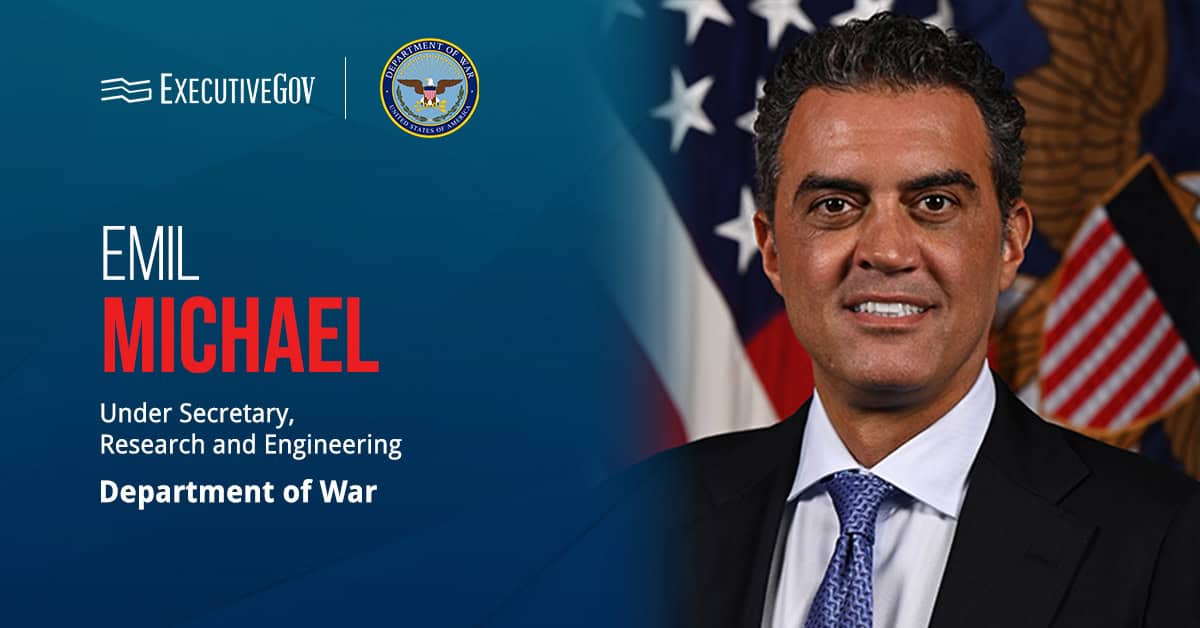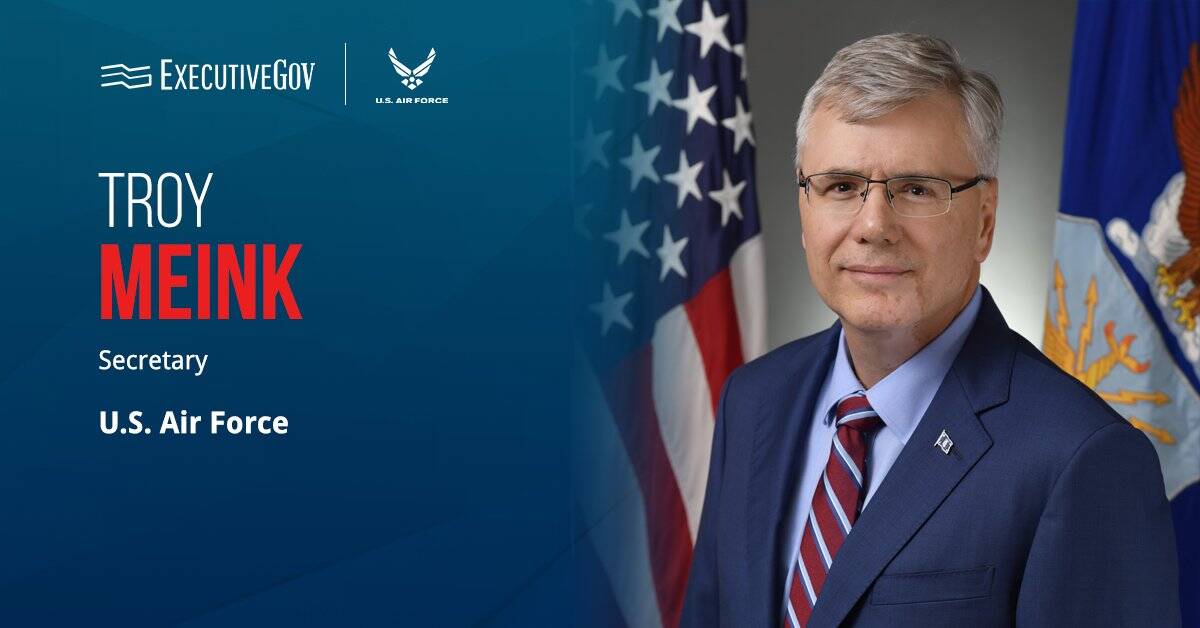
Lt. Gen. James Slife, vice commander of the U.S. Special Operations Command, was appointed to serve as commander of the Air Force Special Operations Command. He will assume his new role from Hurlburt Field in Florida, the Department of Defense said Thursday.
In his current post Slife supervises the planning, coordination and execution of the command’s efforts in coordination with the Office of the Secretary of Defense, the Joint Staff and the U.S. military’s service branches.
Slife holds years of joint service including previous assignments with United Nations Command, U.S. Forces Korea and Central Command among other groups. He joined the military after his graduation from Auburn University in 1989.





